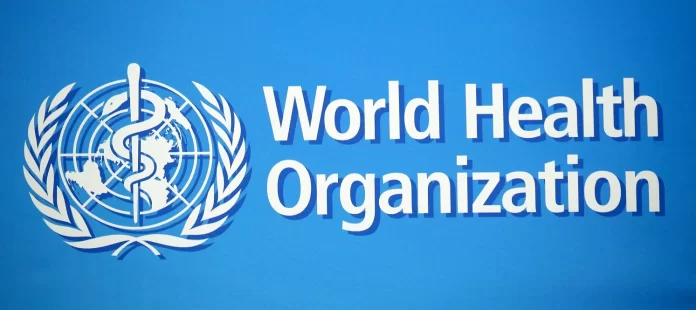As Africa is poised to eradicate polio, the World Health Organization (WHO) has called for renewed vigilance and commitment to achieving a polio-free continent.
In her World Polio Day address, the outgoing WHO regional director for Africa, Dr Matshidiso Moeti, reflected on the region’s significant progress while acknowledging the remaining obstacles in the fight against the disease.
She emphasised that much work remains while Africa is closer than ever to eradicating polio. The milestone represents not only a public health achievement but also a testament to the resilience and determination of communities, healthcare workers, and governments across the continent.
Recent successes, like Madagascar completing an entire year without reporting circulating variant poliovirus type 1 (cVDPV1), reflect Africa’s progress. Similarly, Southern Africa has overcome the wild poliovirus type 1 (WPV1) outbreak that had spread to Malawi, Mozambique, and neighbouring countries in 2022.
These achievements show the power of collaboration and the dedication of frontline workers,” said Dr Moeti.
Data shows that the African region has significantly reduced polio cases. By August 31, 2024, cVDPV1 cases had decreased by 96 per cent compared to the same period in 2023, while cVDPV2 cases dropped by 65 per cent.
However, transmission of circulating variant poliovirus type 2 (cVDPV2) remains a concern, particularly in conflict-affected areas like the Lake Chad Basin and Sahel regions.
In 2024, 134 cases of cVDPV2 were recorded across Burkina Faso, Cameroon, Chad, Mali, Niger, Nigeria, and the Central African Republic. Insecurity, healthcare challenges, and high population movement have fueled the virus’s persistence in these regions.
In response, WHO, UNICEF, governments, and partners launched a cross-border coordination plan in mid-2024 to tackle polio transmission. Nearly 70 million children in high-risk areas have been vaccinated this year, underscoring the importance of collective action.
Dr Moeti stressed that heightened vigilance remains essential. “We must enhance surveillance, particularly in underserved areas, and scale up high-quality vaccination campaigns,” she said.
Looking ahead, the outgoing director urged leaders and communities to sustain momentum and ensure that polio eradication efforts continue to benefit other health priorities.
She called on governments and partners to “recommit to this cause” in honour of the sacrifices made by health workers, families, and community leaders.”






